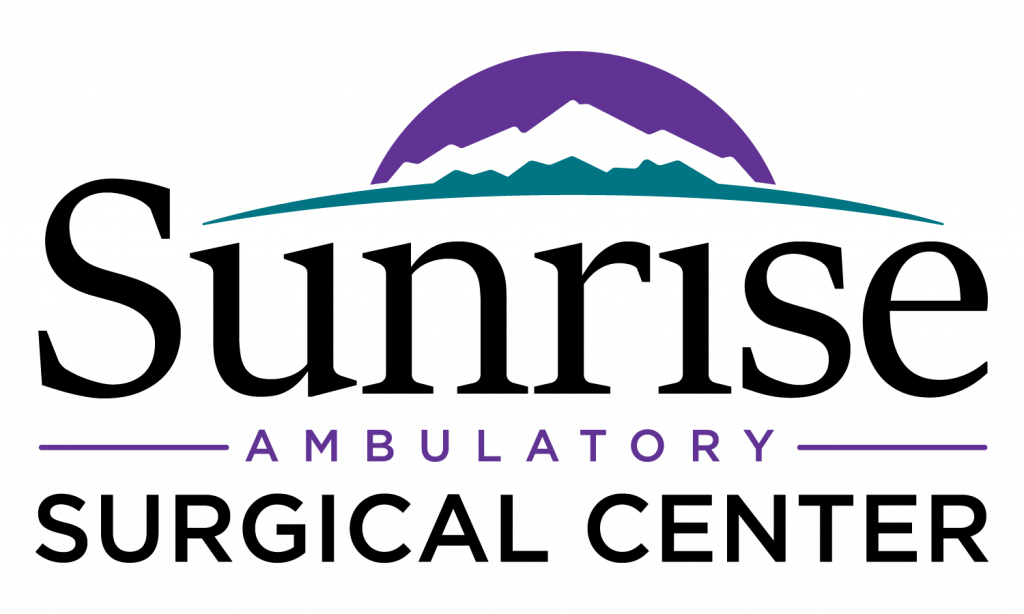Anorectal Disease
Overview
Anorectal disease refers to ailments of the anus and/or rectum. The most common conditions include hemorrhoids, anal warts, anal fissures, anorectal abscesses and anal fistulas.
Hemorrhoids
Hemorrhoids develop when tissues of the rectum and anus become swollen and inflamed. Hemorrhoids can be located inside the anus (internal hemorrhoids) or in the area surrounding the anus (external). Common causes of hemorrhoids include:
- Age
- Pregnancy
- Obesity
- Straining when using the restroom
- Lifting heavy objects
- Chronic diarrhea
- Chronic constipation
Symptoms include pain, inflammation and itching.
Treatment for mild cases of hemorrhoids may include sitz baths, cool compresses, pain relievers and over-the-counter topical medication. For chronic hemorrhoids, there are several options such as hemorrhoid banding, injections and infrared coagulation. Surgical options such as hemorrhoidectomy and stapling are reserved for the most serious cases.
Anal Warts
Condyloma, or anal warts, are caused by the human papilloma virus (HPV) and form on the skin around the anus. There are many types of papilloma virus. Some types develop warts on the hands and feet while others cause genital and anal warts. Many people do not complain of any complications from anal warts. Others complain of itching, bleeding or moisture in the anal area.
Treatment for anal warts include cauterization, ointments or a special type of acid (podophyllin or bichloracetic acid). Several treatments are necessary to cure anal warts. Even if the warts have been “removed,” the virus can remain in the skin tissues. Follow-up visits are necessary for several months.
Anal Fissures
Anal fissures are small tears in the lining of the anus. These tears can be caused by hard, dry bowel movements, diarrhea and inflammation. Symptoms include itching, pain and bleeding.
Surface fissures heal on their own, but deeper fissures may involve the underlying sphincter muscle in the anal canal and not heal properly. For chronic fissures, your doctor will attempt to determine the cause of the fissures and treat any underlying condition. Treatments may include sitz baths, topical anesthetics or a high-fiber diet.
Anorectal Abscess
When anal glands become infected, bacteria or fecal matter can enter surrounding tissues and create an anorectal abscess. This infection around the anus or rectum is filled with pus and causes pain, swelling, skin irritation and fever.
If you have Crohn’s disease, colitis or other inflammatory bowel disease, you are at higher risk of developing anorectal abscesses. Abscesses are generally treated in a doctor’s office using local anesthetic. The doctor makes an opening in the skin near the anus and drains the pus, which is the cause of the pain. Draining the abscess relieves pain and pressure, and most people find relief after the procedure. Larger or deeper abscesses may require an operation.
Anal Fistula
Roughly half of all anorectal abscesses develop into a fistula, an abnormal channel that links infected anal glands to the opening of the skin around the anus. After the abscess has been drained, the passage between the anal gland and the opening in the skin may not always heal. Recurring drainage through the channel can cause fistula formation. Symptoms of an anal fistula are similar to those of an anorectal abscess:
- Swelling
- Skin irritation
- Pus drainage
- Fever
Unlike anorectal abscesses, fistulas usually do not cause pain, but may produce drainage of fecal material.
Treatment for a fistula is surgery. This involves cutting a small part of the anal sphincter muscle to open the passage and joining the external and internal opening. Healing can then take place from the inside out. With proper healing, the fistula should not return.
If you have any of the symptoms listed above, make an appointment to see your doctor. It may be unpleasant to talk about, but most anorectal disease can be treated.
